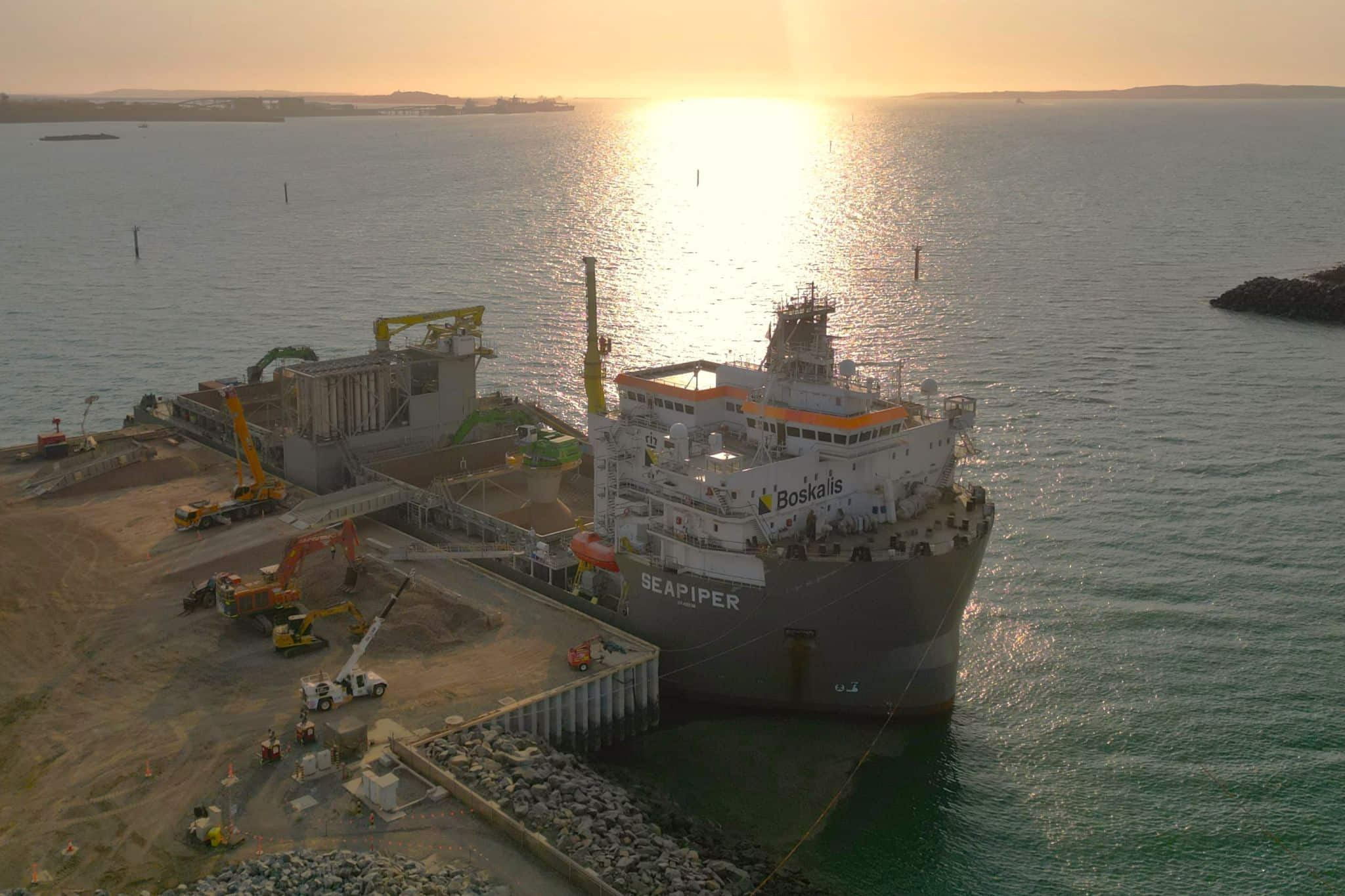Lithium crash to cost 300 jobs at miner in WA

- by Admin
- August 1, 2024

A crash in lithium prices has pushed US miner Albemarle to halve production and stop expansion at its $2 billion lithium hydroxide plant in south-west Western Australia, shed 300 workers and write down the asset’s value by about $1.5 billion.
The move by the $US11 billion ($16.8 billion) company to close one of two operating trains at Kemerton, near Bunbury, south of Perth, and halt construction work on a third train is another blow to minerals processing in the mining state.
The Albemarle lithium hydroxide plant at Kemerton.Credit: Tony McDonough
In July, BHP closed its WA nickel operation for at least three years, shedding 3000 positions. Frontline workers will be offered employment elsewhere at BHP. Alcoa this year closed its ageing alumina refinery in Kwinana, south of Perth, with about 750 jobs lost.
The price Albemarle – the world’s largest lithium producer – is receiving for its global production has been more than halved in less than a year, from about $US20 per kilogram of lithium carbonate equivalent in the second half of 2023 to between $US12 and $US15.
“The decision was entirely due to market conditions and the commercial realities that lithium prices will stay lower for longer,” an Albemarle Australia spokesman said.
“This has nothing to do with state and federal government policies.”
The $US11 billion ($16.8 billion) company also announced a review of its global costs and operating structure in response to “ongoing industry headwinds”.
Job losses may extend beyond Albemarle’s workforce. Perth-based engineering contractor Monadelphous told the market on Thursday that Albemarle had terminated its contracts at Kemerton, costing it about $80 million of revenue this financial year.
Albemarle chief Kent Masters said the potential for long-term growth of its markets remained strong. This year the company will start exploring for more lithium deposits in WA. It will continue to employ about 460 workers at Kemerton.
The Latest News
-
December 23, 2024Here’s why Golf Twitter lost its damn mind over Team Langer’s PNC victory – Australian Golf Digest
-
December 23, 2024From smaller homes to screen time, backyard cricket is facing challenges in modern Australia
-
December 23, 2024This quiet Canadian will make you love YouTube golf again – Australian Golf Digest
-
December 23, 2024Guide Helps Australian Workers Expose Tech Wrongdoings
-
December 23, 2024PPHG achieves GSTC multi-site certification for all its Australian properties – Travel And Tour World





